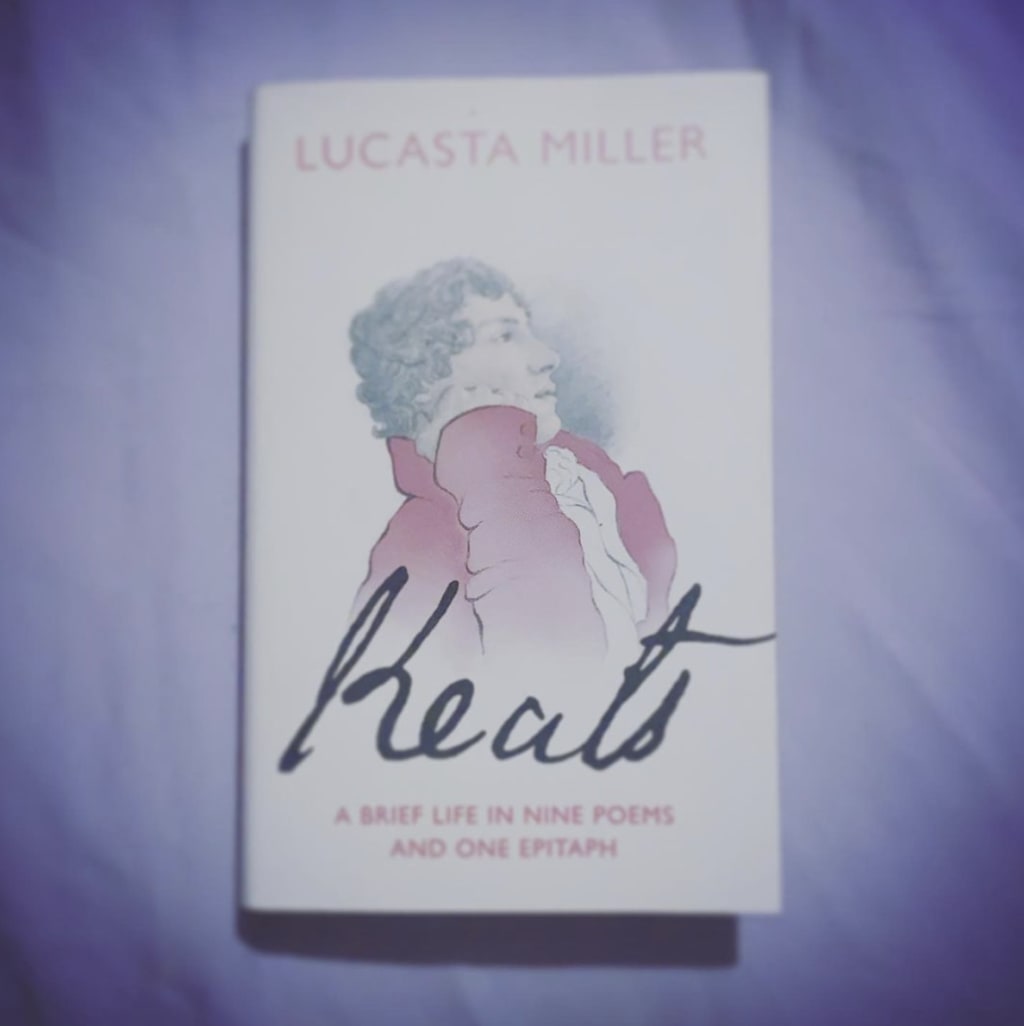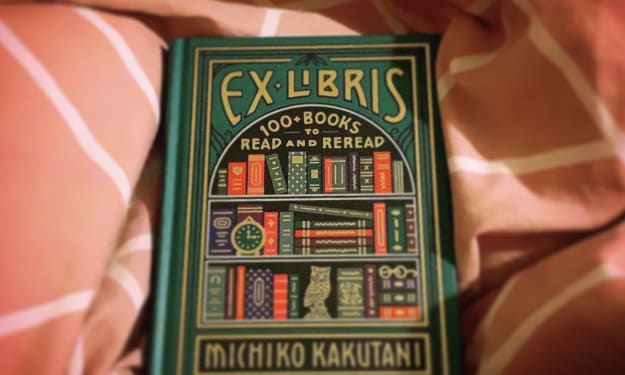Book Review: "Keats" by Lucasta Miller
5/5 - a beautiful dedication to one of history's greatest poets...

I have read many a novel based on a human being which is not exactly a biography in the usual sense. It is not told in chronological order from the day born to the day died, but instead is told as a sort of song or assortment - going through the stories associated with the widest achievements of the individuals and it is the achievements themselves that are sorted according to time. Once, I read a book structured in this way about Ludwig Van Beethoven and each chapter was a different great piece he wrote and yes, “Ode to Joy” was included in it. But now, I move on to a man of whom we celebrate the 200th anniversary since his passing young - John Keats. This book “Keats” by Lucas Miller has been able to capture the very essence and soul of the late poet through the linking of his words to his life, from the image of his relationship with Ms. Brawne in “Bright Star” all the way back to the image of his mother in “La Belle Dame Sans Merci”. I think that this book has really left no stone unturned when it comes to writing about how Keats achieved his greatness, how Keats wrote and how it ultimately came naturally to him - like breathing. I adored John Keats’ poetry whilst I was in school and then uncovering him again in university was great too. I was ultimately shocked at one of the most intricate details of Keats’ existence in this book. It was the fact that he may not have been as meek and mild as we would have liked to have seen him, but instead he was damaged and hurt - he was abandoned and upset at the very thought of his mother leaving him and then dying.
When we delve into all these different chapters we can definitely see that not only was Keats a natural when it came to poetry, but he did not give up either. He was very much into the idea that poetry had to be experienced, lived and had to come naturally because if you forced it out then it just would not work at all.
I love how each and every analogy that is relative to the poem comes not only from Keats’ own experience in life but also from what others have said about him including the brilliant publisher of Keats, Leigh Hunt. From Leigh Hunt to Lord Byron, Percy Shelley and many more, we get a very complete image of Keats which is reflected back to us through his poetry and not the other way around. This is the one thing that makes his poetry so incredibly beautiful and personal - it is a reflection of not just himself but also how others see his life and work. The fact that there are some people out there, according to this book, that have studied John Keats’ work longer than John Keats himself lived in years is something quite astounding. I always wonder that if John Keats lived a little longer then would he know or have the same kind of fame as he apparently uttered that he ‘would be among the English Poets once (he) was dead…” - or would he have faded out of favour because the fact he died so young makes him almost a romantic Thomas Chatterton type of character? Maybe we will never know.
In conclusion, I adored this book more than words can describe and it is quite possibly one of the greatest books I have read this year. It is truly beautiful and written about an astounding individual who moved the earth with poetry.
About the Creator
Annie Kapur
200K+ Reads on Vocal.
English Lecturer
🎓Literature & Writing (B.A)
🎓Film & Writing (M.A)
🎓Secondary English Education (PgDipEd) (QTS)
📍Birmingham, UK






Comments
There are no comments for this story
Be the first to respond and start the conversation.